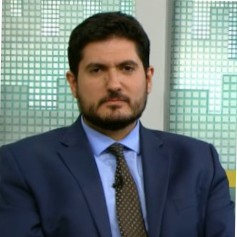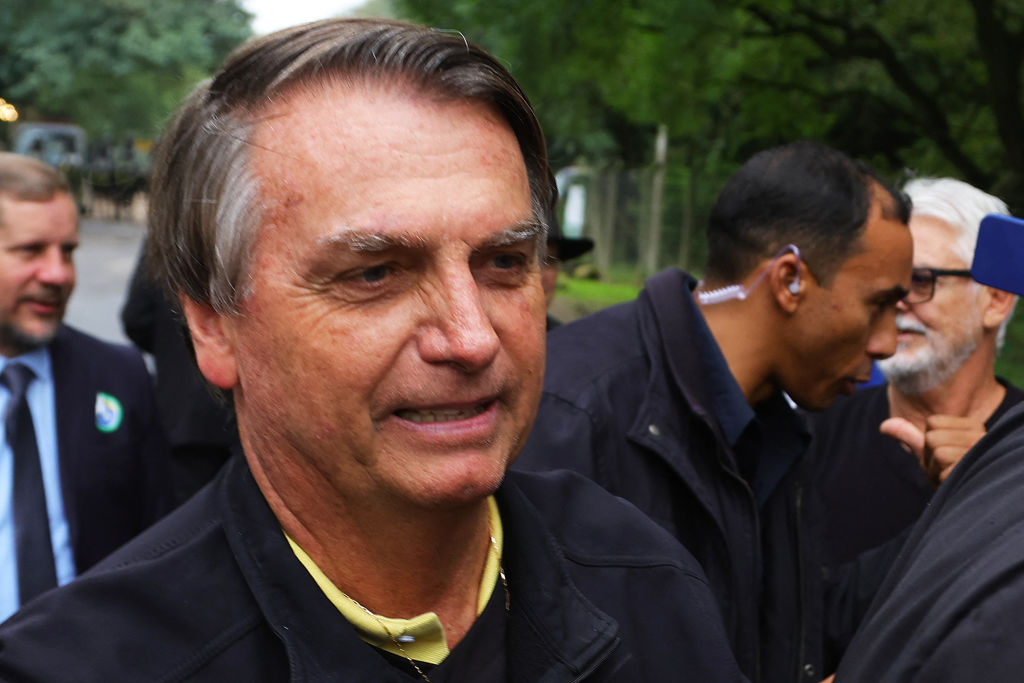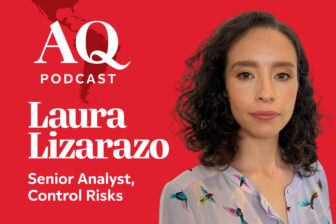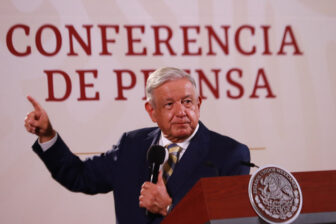SÃO PAULO — A trial unfolding this week in Brazil’s electoral justice could define the political future of former president Jair Bolsonaro. The verdict on whether he abused his office in the lead-up to the reelection campaign isn’t expected until Thursday, but Bolsonaro’s ineligibility is taken for granted even among his closest allies. Bolsonaro himself has seemingly given in to the prospect of not being able to run for any elected office for eight years. But the court’s decision could yield more than stripping a former president of his political rights. It would kick-off a much-needed healing process for the country’s democracy—and also increase the dispute over the future of the right and the far-right in Brazil.
Since returning from his self-imposed exile in Florida in late March, Bolsonaro has opted for occasional low-key meet-and-greets and lukewarm speeches. In recent public appearances, he belittled the case against him as politically motivated and even hinted at running for Rio’s city council in next year’s municipal elections—but did little to stir his base to defy the court’s ruling.
Such a restrained approach seems odd, as surrendering to justice never seemed to be an option the otherwise notoriously temperamental politician would take. For months, Bolsonaro’s unsubstantiated claims about Brazil’s voting machines drove thousands across the country to protest against election results and ask for a military intervention, leading up to the infamous January 8 coup attempt. Prior to that, amid Brazil’s Independence Day rallies on September 7, 2021, Bolsonaro went as far as to claim he would rather die than being barred from running or going to jail, threatening and insulting Supreme Court justices along the way.
What explains Bolsonaro’s watered-down strategy? Back to being an ordinary citizen, who no longer enjoys the political immunity that has allowed him to freely try to undermine democracy for over 30 years, Bolsonaro certainly is afraid of the justice system. His greatest concern is not so much losing his political rights, but rather being put behind bars. Given the numerous charges against the former president, spanning from corruption to crimes against public health, his best bet is to tread lightly.
Unlike Lula, who spent almost two years in jail before staging a remarkable political comeback, Bolsonaro has no intention of becoming a martyr—and has no political party to back him up. His power stems directly from his personal ability to mobilize and energize followers on social media or in big rallies. Unlike Trump, who still controls a large share of Republican voters toward next year’s presidential race, Bolsonaro’s continuing support depends on resources his Liberal Party might not be willing to give him (or his political heirs) if an incarcerated leader turns into an electoral liability.
If Bolsonaro is to remain active in public life, he needs to buy as much time as he can. This is key for two reasons. First, his ability to influence national politics largely depends on the overall performance of the Lula administration. If the left falls short of delivering economic growth, tackling inequality, or undertaking relevant structural reforms, the former president increases his chance of handpicking a successor from his inner circle—quite likely a member of his immediate family.
Second, with the October 2024 municipal elections just around the corner, Bolsonaro will serve as the lifeline for Brazil’s far right, given the staying power of bolsonarismo in local politics. By actively campaigning across the country, Bolsonaro could hamper the emergence of moderate competitors on the right. This is the case of the popular governors of São Paulo, Tarcísio de Freitas, and Minas Gerais, Romeu Zema, who combine social conservatism, economic liberalism, and apparent administrative efficiency. To them, local elections might play the role of U.S. presidential primaries.
But parties and elections are only part of the story of Bolsonaro’s political future. Whether Brazil’s far-right movement will undergo further radicalization remains an open issue. On the one hand, the alarming increase in school attacks in Brazil over the past few months has prompted nationwide concerns around the growth of ideological extremism among the youth and how it relates to Bolsonaro’s pro-gun laws. On the other hand, Bolsonaro’s supporters and allies, now under close legal scrutiny, have so far shown no clear signs that they have the willingness or the means to overthrow Brazil’s democracy.
My hunch is that the window of opportunity for coup-mongers in Brazil has closed. We now know that Bolsonaro’s clique has plotted against democracy at least twice during their time in office—in the context of the 2021 Independence Day rallies and as the runoff results came out the year after. If Bolsonaro failed to stage an autogolpe, a self-coup, thanks to incompetence, bad timing or lack of support is still up to discussion, but the fact is that he had the power to do so—which is no longer the case.
And while it is still unclear if Bolsonaro himself was involved in the real coup attempt of January 8, 2023, one week after Lula’s inauguration, the storming of public buildings could only have taken place with the complicity of Bolsonaro loyalists among the military and police forces. By now, some of them have been purged and many are being investigated by the Supreme Court. A similar fate awaits the businesspeople who funded the “stop the steal”-like pro-coup movements that spread across the country after the elections.
None of this is to say that Bolsonaro and his movement, who represent some 25% of Brazilian voters according to the latest Datafolha poll, are not threats to Brazil’s dwindling political system. Besides the institutional and legal mechanisms necessary to keep extremists at bay, Brazilian authorities must find ways to reduce polarization and improve governability. As we know, far-right populism thrives on social fractures and dysfunctional politics.
While barring Bolsonaro from running is a good start, safeguarding democracy and civility will require national reconciliation efforts that are still far ahead. One major step towards healing the country’s wounds is to bring those to justice who have deliberately undermined institutions, dismantled policies, and promoted political violence in Brazil. Bolsonaro might try to stick around for a bit longer, but all we can hope for is that his moment will arrive anytime soon.
—
Casarões is a professor at Getulio Vargas Foundation’s (FGV) Business School and coordinates the Far Right Observatory in Brazil.









